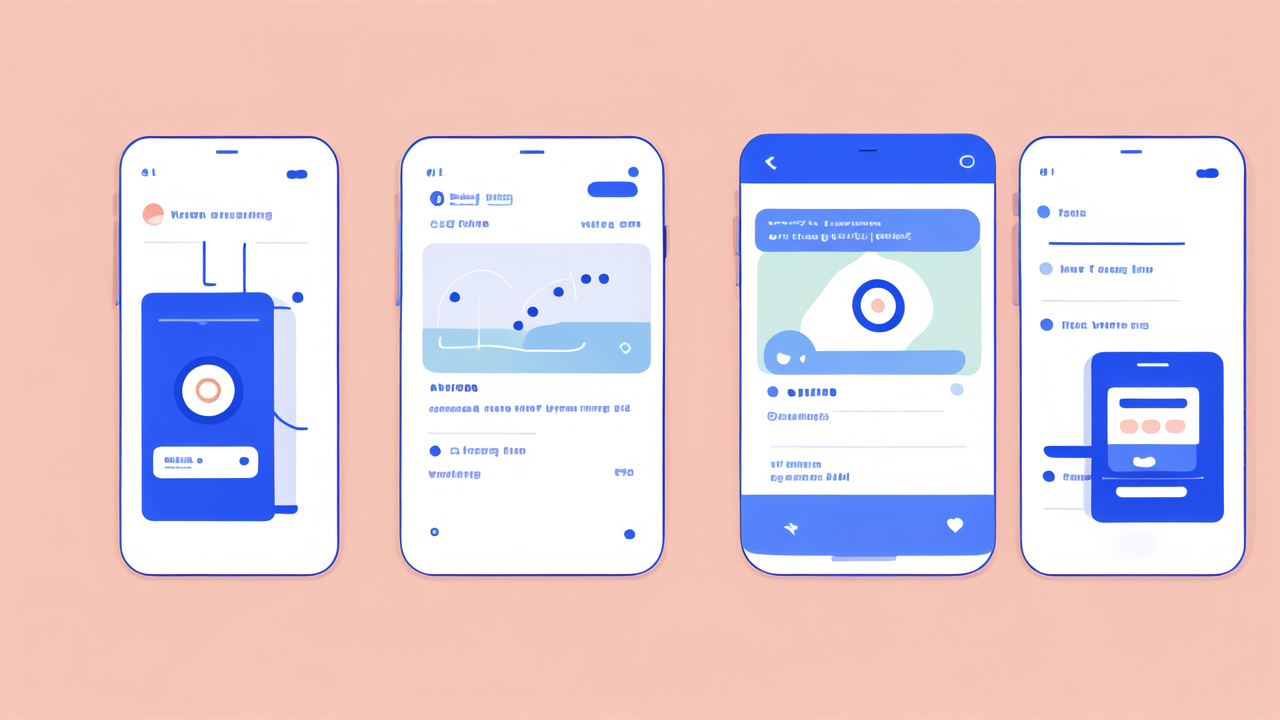Understanding the Capabilities of Smart Watches
What Makes a Smart Watch 'Smart'?
Smart watches are more than just timepieces. They're mini-computers on your wrist. These devices pack a lot of tech into a small space. They have processors, memory, and sensors. Many smart watches can connect to the internet and your phone.

What sets them apart is their ability to run apps and perform various tasks. They can track your fitness, show notifications, and even make calls. Some smart watches can measure your heart rate and blood oxygen levels. Others can track your sleep patterns and stress levels.
The 'smart' in smart watches comes from their ability to learn and adapt. They can understand your habits and preferences over time. This allows them to provide personalized information and suggestions.
Exploring the Diversity of Smart Watch Features
Smart watches offer a wide range of features. Here are some you might not know about:
- GPS tracking: Many watches can track your location without a phone.
- Mobile payments: Some watches let you pay for items with a tap of your wrist.
- Music control: You can play, pause, and skip songs right from your watch.
- Emergency SOS: Some watches can detect falls and call for help.
- Voice assistants: Many watches have built-in AI assistants like Siri or Google Assistant.
- Noise level monitoring: Some watches can warn you about loud environments.
- ECG readings: Certain models can take electrocardiogram readings.
- Stress management: Some watches offer guided breathing exercises.
These features go beyond basic timekeeping and fitness tracking. They turn your watch into a powerful tool for health, safety, and convenience.
Leveraging Advanced Features for Success
The Role of AI and Machine Learning
AI and machine learning are changing how we use smart watches. These technologies make watches smarter and more helpful. They can learn your habits and provide personalized advice.

For example, some watches can detect irregular heart rhythms. They use AI to analyze your heart rate data. If they spot something unusual, they can alert you. This feature has saved lives by catching heart problems early.
AI also powers voice assistants on smart watches. These assistants can understand natural language. They can help you set reminders, send messages, or get directions. As AI improves, these assistants become more capable and useful.
Machine learning helps smart watches understand your fitness patterns. It can suggest workout plans based on your goals and progress. Some watches can even detect what type of exercise you're doing automatically.
Health and Wellness: From Tracking to Coaching
Smart watches are becoming personal health coaches. They don't just track data; they interpret it and offer advice. This shift from tracking to coaching is a game-changer for health and wellness.
Many watches now offer sleep tracking features. They analyze your sleep patterns and quality. Based on this data, they can suggest ways to improve your sleep. Some even provide guided meditations to help you relax before bed.
Fitness tracking has also evolved. Watches don't just count steps anymore. They can track various workouts, from running to swimming. Some offer on-screen workouts with real-time feedback. They can tell you if your form is correct or if you need to adjust your pace.
Stress management is another area where smart watches excel. They can detect signs of stress through heart rate variability. When stress levels are high, the watch might suggest deep breathing exercises.
Navigating the World of Smart Watches: A Buyer's Guide
Considering Smart Watches for Different Industries
Smart watches aren't just for tech enthusiasts. They're finding uses in various industries. Here's how different sectors are using smart watches:

- Healthcare: Doctors use smart watches to monitor patients remotely.
- Fitness: Personal trainers use them to track client progress.
- Logistics: Delivery drivers use smart watches for navigation and scheduling.
- Hospitality: Hotel staff use them for instant communication and task management.
- Education: Some schools use smart watches to track attendance and safety.
- Manufacturing: Workers use them for hands-free access to important information.
When choosing a smart watch for work, consider the specific needs of your industry. Look for features that will make your job easier or more efficient.
For healthcare, focus on watches with advanced health monitoring features. In logistics, prioritize GPS and long battery life. For hospitality, look for watches with good communication features.
Ensuring Compatibility with Ecosystems and Devices
Choosing a smart watch that works well with your other devices is crucial. Most smart watches are designed to work with specific ecosystems. For example, Apple Watches work best with iPhones. Samsung Galaxy Watches are optimized for Android phones.
Consider these factors when checking compatibility:
- Operating system: Make sure the watch works with your phone's OS.
- App availability: Check if the apps you need are available for the watch.
- Data syncing: Ensure the watch can sync data with your preferred health apps.
- Phone features: Some watches can make calls or reply to texts only with certain phones.
- Smart home integration: If you have smart home devices, check if the watch can control them.
Remember, a smart watch is most useful when it integrates seamlessly with your other tech. Choose one that fits your existing ecosystem for the best experience.
By understanding these advanced features and considerations, you can unlock the full potential of your smart watch. Whether for health, work, or convenience, these devices offer more than meets the eye.




Leave a comment
This site is protected by hCaptcha and the hCaptcha Privacy Policy and Terms of Service apply.